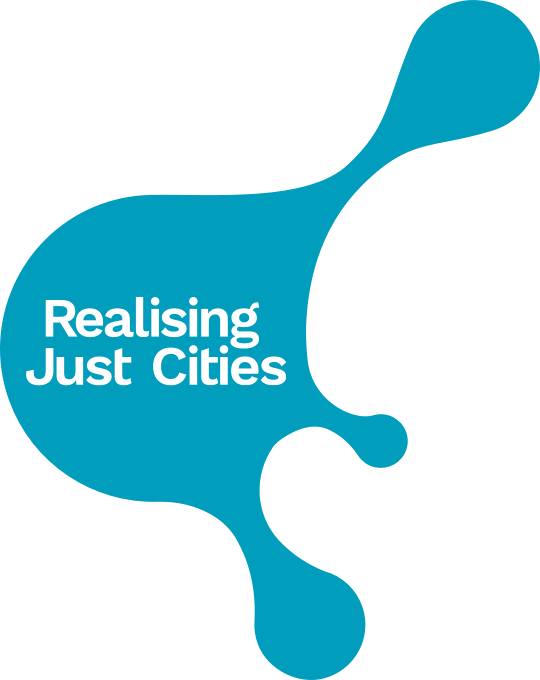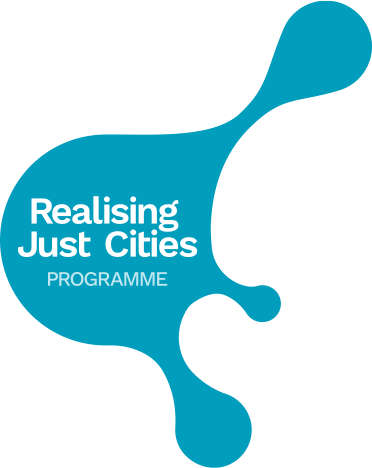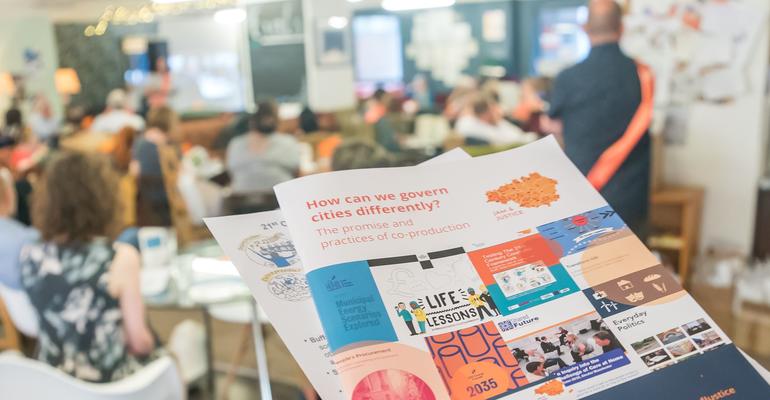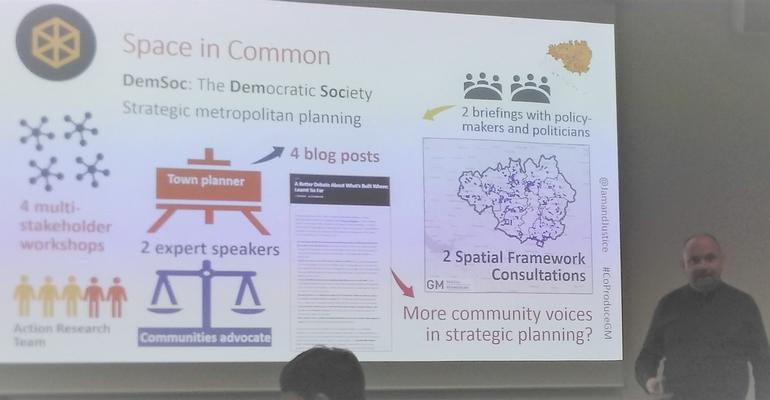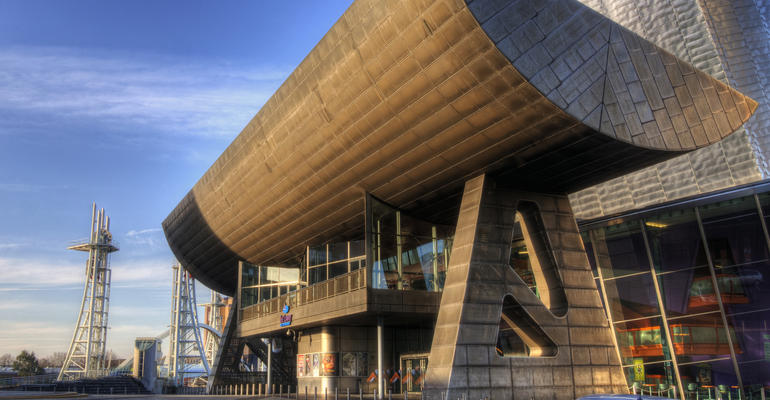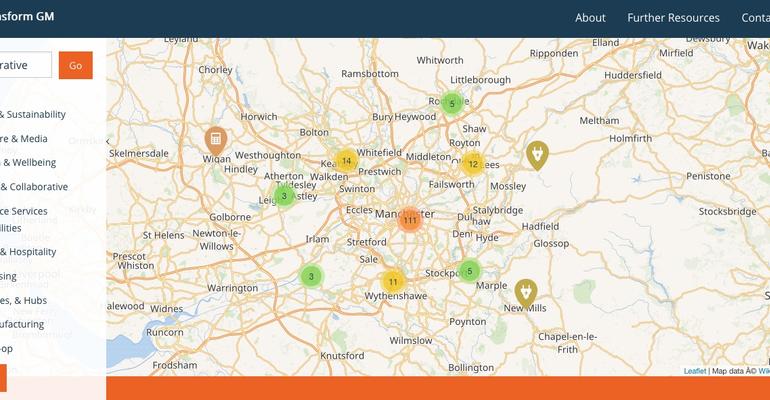To exemplify co-productive design principles means challenging the idea of an ‘end-user’ who receives a final report. It means rethinking what impact looks like and how it can be achieved. Our commitment is to engage decision-makers in a collaborative learning journey through informal spaces for exchange and international networking. Trans-local learning is an important element in opening up spaces for learning and dissemination often reserved for academics to urban decision-makers. Trans-localism is more than just cities learning from each other across national boundaries. It points to the need for meaningful interactions between networked individuals and groups of similarly thinking people beyond the local. What is at stake is a sense of belonging through shared perspectives and concerns that transcend local boundaries.
In this second blog for our Trans-local Learning mini-series, guests David Rogerson and Jacob Botham from the Greater Manchester Combined Authority reflect on their experience at the International Observatory on Participatory Democracy in Barcelona in November 2018.
